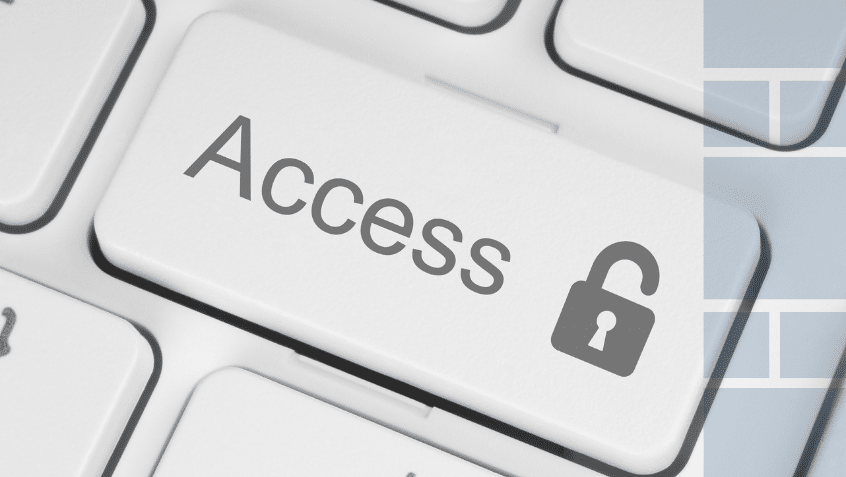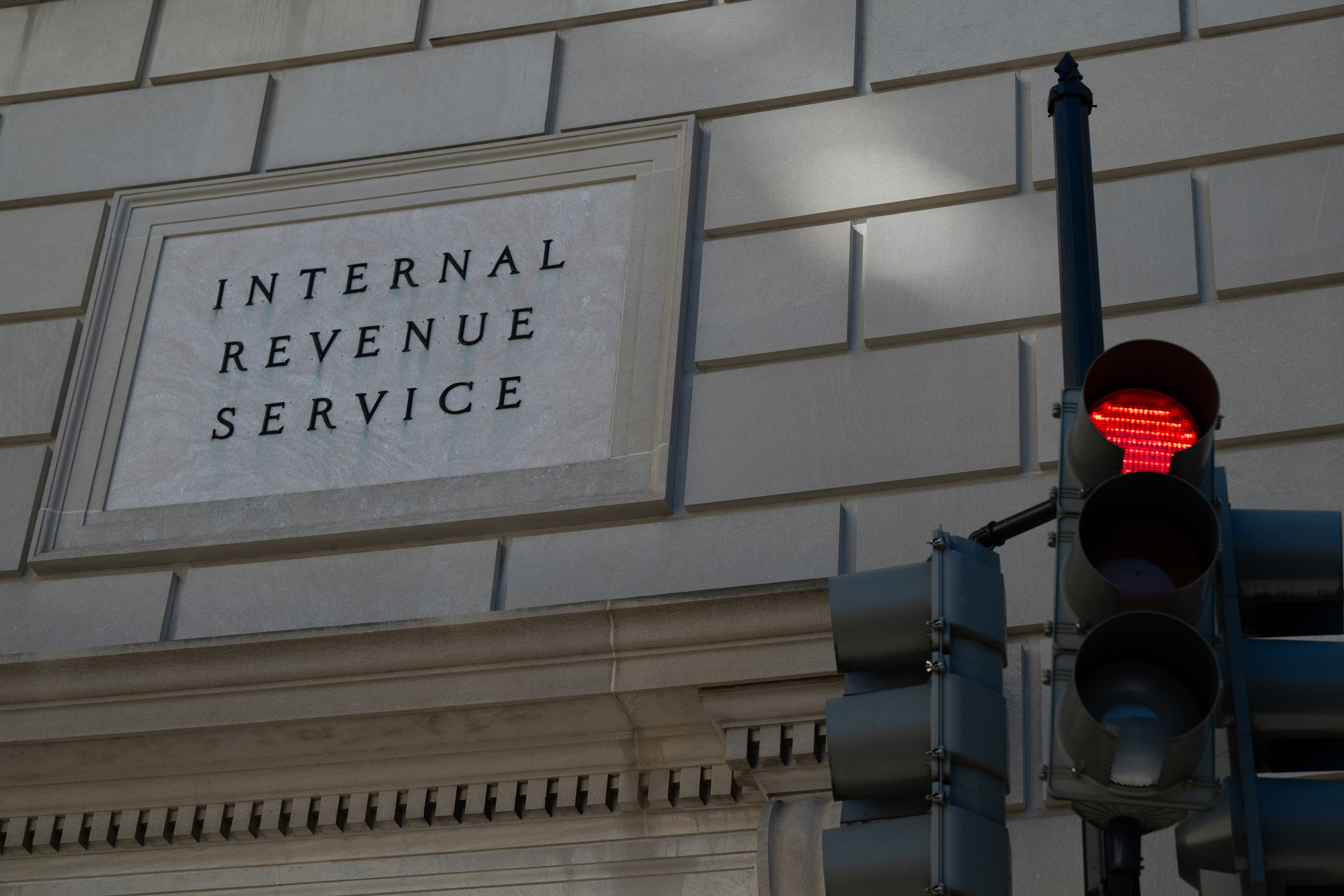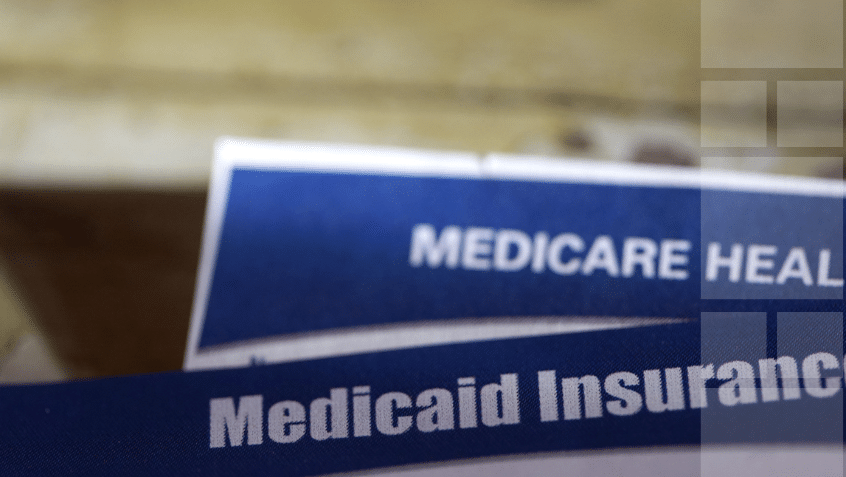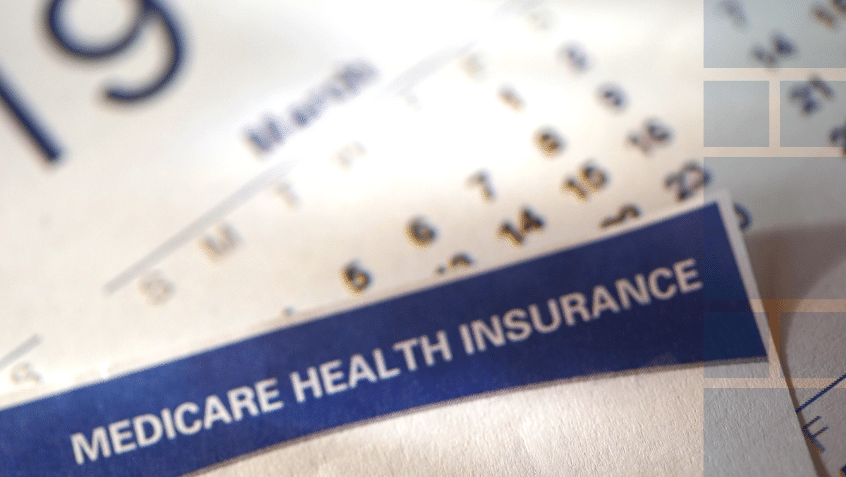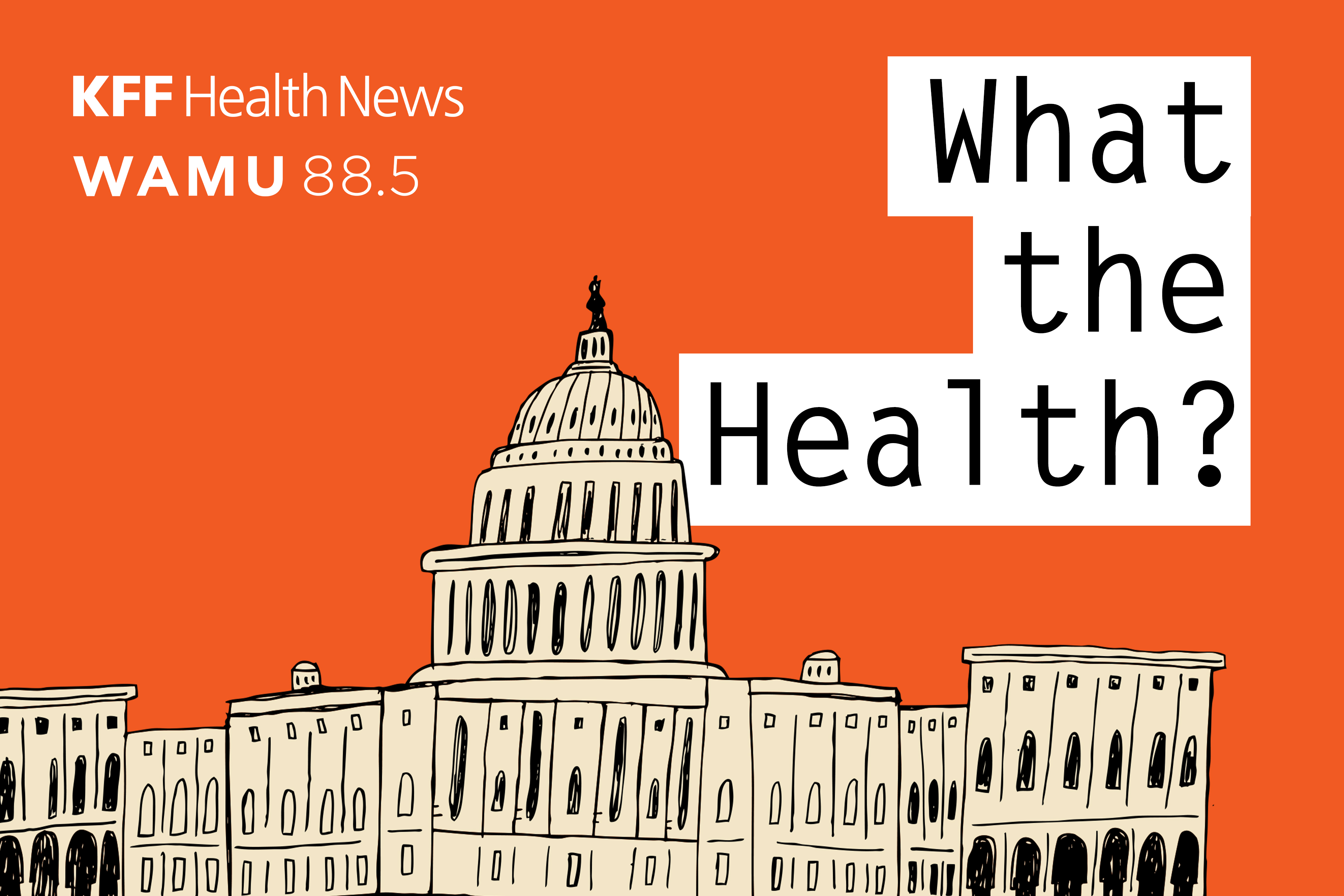Health literacy is the ability of people to understand and use health information and services, and it is the foundation of an effective health care system and a healthy population. When health care is confusing and filled with information barriers, people cannot get the services they need to stay healthy.
This Health Literacy Month, we recognize that promoting health literacy for people with Medicare must be a collaboration among individuals, communities, and health care organizations.
Definitions and Goals
The U.S. Office of Disease Prevention and Health Promotion (ODPHP) defines health literacy as a shared effort between individuals and organizations.
Personal health literacy is the ability to “find, understand, and use information and services to inform health-related decisions for themselves and others.”
Organizational health literacy refers to “the degree to which organizations equitably enable individuals to find, understand, and use information and services to inform health-related decisions.”
Health literacy is shaped by environmental, social, and economic factors that affect people’s levels of access to medical resources and care. This and other social determinants of health can mean that achieving important health goals may be out of reach for some individuals and communities without active help. Improving health literacy requires systemic solutions to these disparities, which can in turn create benefits beyond public health by building stronger and more equitable communities.
Improving health literacy requires systemic solutions.
Health care organizations have the ability and responsibility to advance public health literacy by ensuring care is equitable and accessible. The ODPHP’s National Action Plan to Improve Health Literacy includes providing accurate and actionable information, promoting education that is age- and culturally appropriate, and implementing evidence-based strategies in care and policymaking.
Health Literacy for Older Adults and People With Disabilities
According to the World Health Organization, disparities in health literacy reflect existing social inequities, deepening along divides such as age, income, racial and ethnic minority status, and language proficiency. As a group too often marginalized by age, ability, and income, the Medicare and Medicaid population must be a priority for any health literacy initiatives in the United States.
The Centers for Disease Control and Prevention reported in 2022 that nine out of ten adults in the United States do not get adequate help and information to achieve health literacy. Among Medicaid beneficiaries, 60% have “basic” or “below basic” health literacy levels. In surveys, older adults say they struggle to process complex health information and are not given enough time and support to understand information and instructions at appointments. For people with Medicare and Medicaid, this can lead to confusion about when to sign up, what coverage and supplemental benefits they are eligible for, or missing enrollment periods and deadlines.
Meeting Information Needs
Effective communication with older adults and people with disabilities requires adapting materials for different levels of cognitive, vision, and hearing ability. Health care organizations can also expand accessibility by:
Reaching people in settings where they already receive services
Offering information in multiple formats, including digital, print, and in-person
Partnering with advocates and community organizations to bridge cultural, geographic, and technological divides
Promoting Health Literacy and Protecting Medicare
Medicare aims to promote health equity by ensuring coverage for older adults and people with disabilities. To fully realize that goal, beneficiaries must have the knowledge, support, and confidence to navigate the system and use their benefits effectively.
When people understand their coverage, they can better make informed choices, identify gaps in care, and advocate for improvements that strengthen Medicare for future generations. Cuts to Medicare and Medicaid services reduce people’s access to clear and accurate information, harming health literacy and autonomy to make sound health decisions.
Beneficiaries must have the knowledge, support, and confidence to navigate the system and use their benefits effectively.
At Medicare Rights, promoting health literacy and making Medicare more equitable and accessible is at the heart of our mission. Through our educational resources, counseling services, and policy advocacy, we work to empower older adults and people with disabilities to make informed decisions about their health care. We also work to ensure that health care institutions are accountable for advancing organizational health literacy, so that everyone with Medicare can access clear and accurate information about their health and coverage.
Visit Medicare Interactive to learn more about navigating your Medicare coverage.
Call our national helpline (800-333-4114) to get assistance.
Visit our website to learn more about our policy positions.

